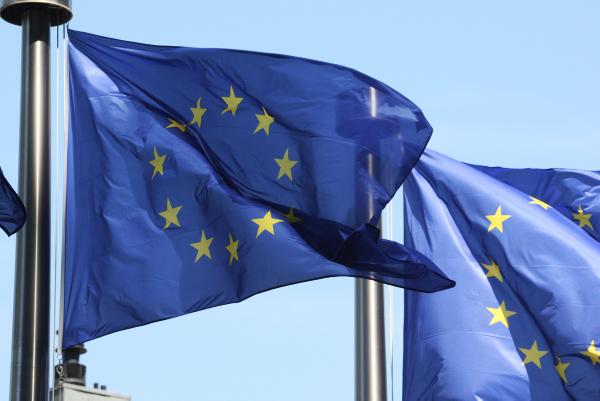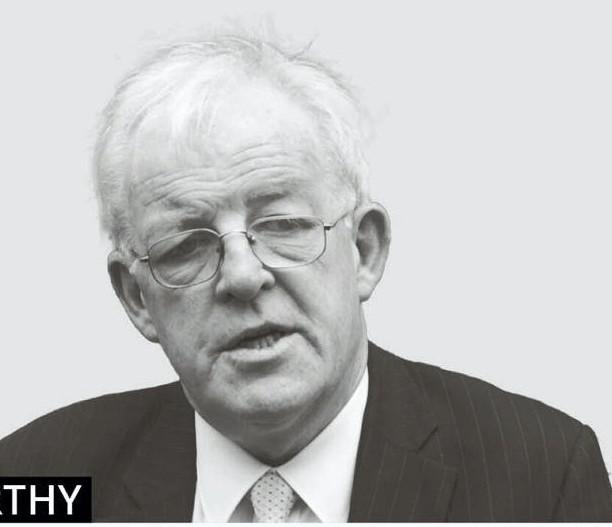Recovery from the decline in output which followed the 2008 financial crash has been predicted regularly and with confidence, but has failed to materialise, especially in the eurozone.
Economic growth has instead been modest, or even zero, throughout much of the developed world these last few years. There are clear signs of recovery in the United States and in some of the EU countries which stayed out of the euro. But the latest figures show a return to stagnation in the core of the common currency area.
For the most recent quarter, output actually declined in Italy and Germany, and was just about flat in France. Signs of recovery in the distressed peripheral economies like Greece, Ireland and Spain are a small consolation when the engine is idling in neutral.
To make a bad job worse, the European Central Bank (ECB) has failed to hit the inflation target of 2%. In most eurozone countries, the rate has been roughly zero over the last two quarters. A little inflation is a welcome development when economies are depressed and over-borrowed. Even low nominal interest rates are not much of a stimulus if the real cost of funds stays high due to the absence of inflation.
The steady erosion of debt burdens through the gentle elixir of inflation is also interrupted. Over a decade or two, inflation even at 2% would gradually reduce the real debt burdens of governments and households very substantially. The ECB regularly repeats its mantra that things will come right eventually, but its own forecasts see inflation well below target until 2016.
There is equivocation at every turn on this issue. When the eurozone inflation rate exceeded the 2% target, as it did briefly some years back, there was a great flurry of breast-beating and early efforts to get it down again. But no similar urgency has been evident since the rate began to undershoot. The traditional German horror of inflation seems to influence ECB policy rather more than the deflation risks to the over-borrowed member countries.
The standard response to depressed economic conditions is to cut interest rates and to relax budgetary policy by running larger fiscal deficits. Official interest rates have already been cut close to zero and no further cuts are feasible. Their stimulative effect is being blunted by near-zero inflation. The countries which are able to relax budgetary policy, notably Germany, are reluctant to do so, and the peripheral countries are bound by EU and eurozone fiscal rules which prohibit fiscal stimulus.
In any event, over-borrowed countries might be unable to finance bigger budget deficits even if they were free to pursue them. Add in the persistently high exchange rate of the euro and you have a perfect policy storm: a depressed economic outlook in the eurozone with policy settings at entirely inappropriate levels.
There is very little countries like Ireland can do in terms of domestic policy in these circumstances. The safest path is to stop adding to the debt mountain, already so large as to bring sustainability into question. But the bigger countries able to loosen budget policy should be encouraged to do so, and the ECB has some shots left in its locker.
The ECB’s counterparts in Japan, the USA and Britain have already gone beyond low interest rates and have pursued major programmes of quantitative easing (QE), expanding their central banks’ balance sheets through the purchase of government and private sector debt instruments. This unconventional policy reinforces low official rates through expanding credit directly outside the banking system. These policies appear to have had the desired effect, and the ECB has been hinting for months that it is considering doing the same in the eurozone.
The distinguishing feature of European policy responses since the crisis broke has been to do too little and do it too late. There should have been no delay in implementing QE; the growth performance has been anaemic for several years and it has been clear since the middle of 2013 that there was a serious risk of deflation in the eurozone. The only reason for delay, it would appear, is opposition from the German central bank, the Bundesbank.
For the ECB to set a low inflation target is, of course, perfectly reasonable. Nobody wants to go back to high and unstable inflation rates. But the 2% target is not exactly irresponsible.
What begins to border on the irresponsible is the reluctance to deal with the inflation undershoot and the very real risk of actual deflation, persistently falling prices. The countries that stand to lose most from further delaying QE are precisely the eurozone members least able to withstand the deflationary consequences. It would help if QE weakened the exchange rate a little too.









SHARING OPTIONS